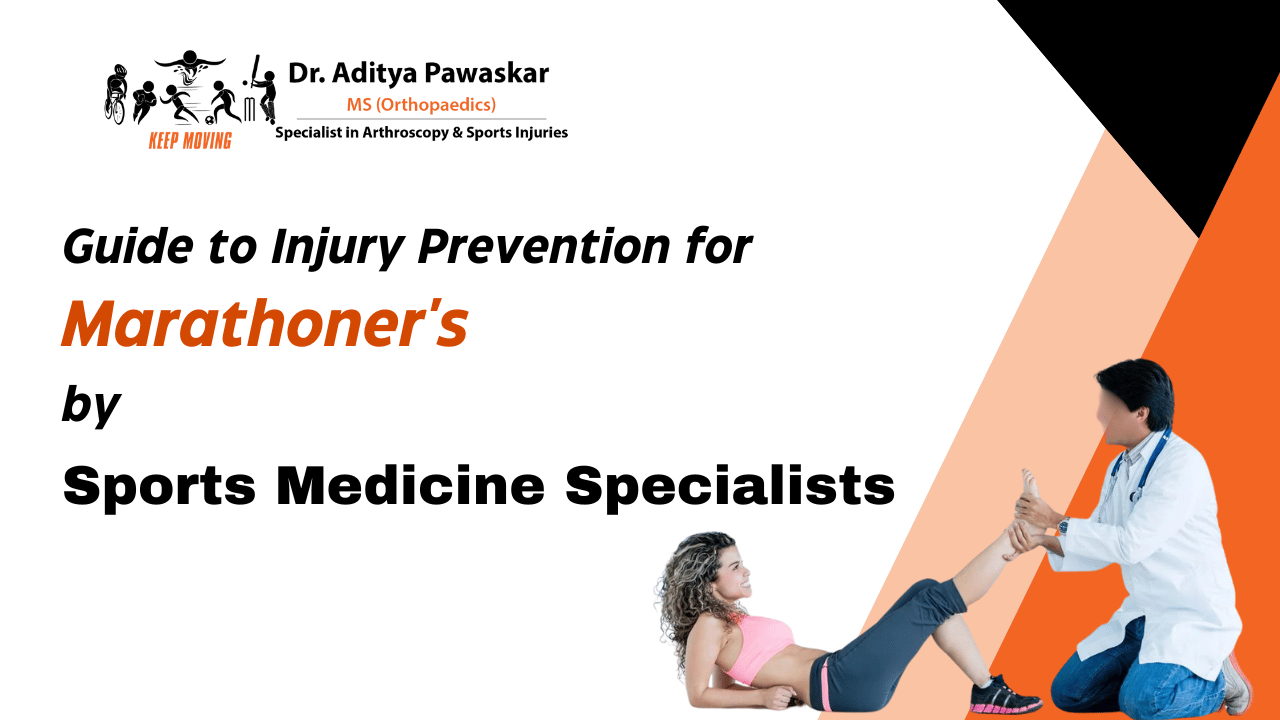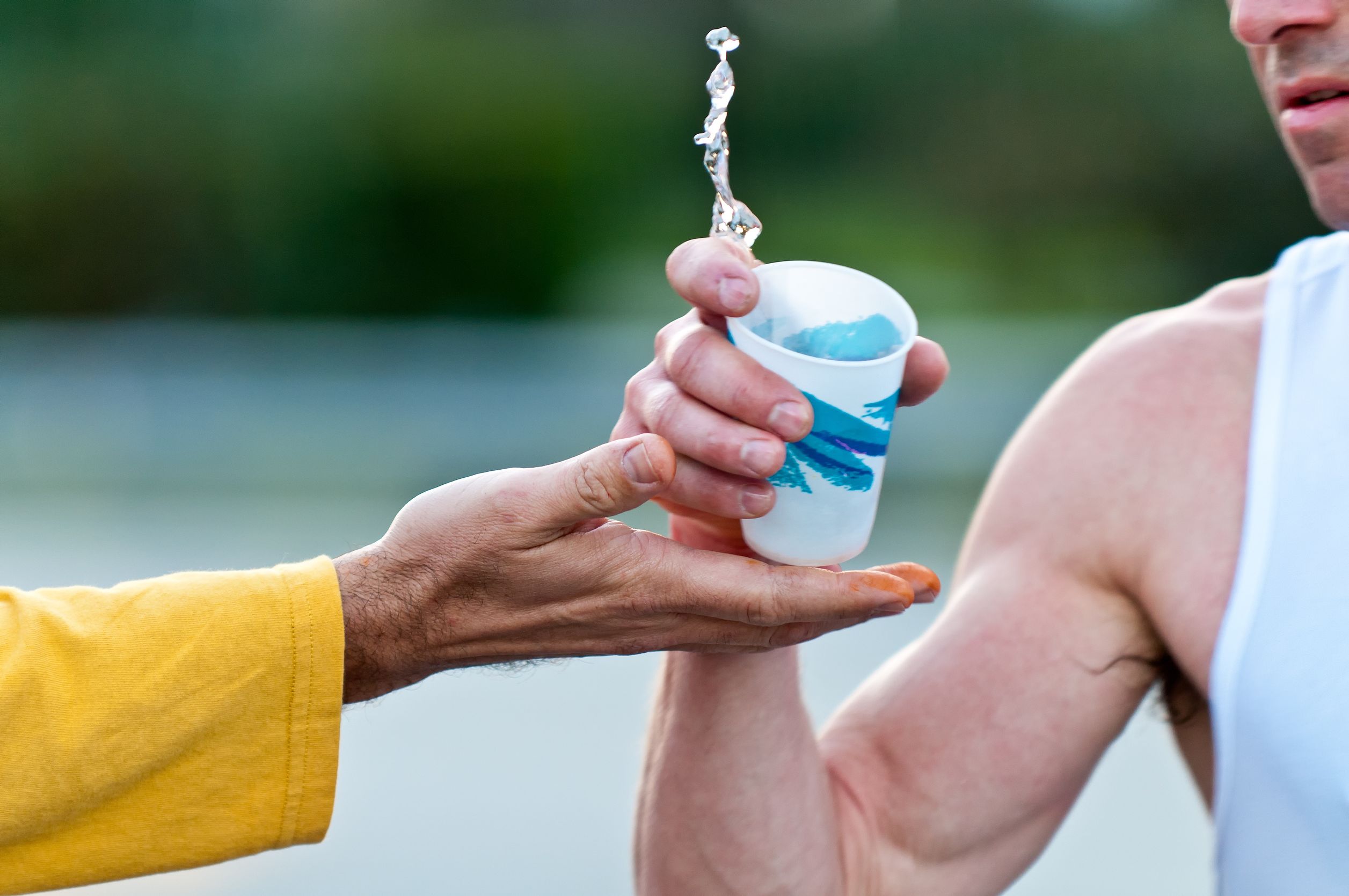
Introduction
Marathon running is a test of endurance, determination, and resilience. It's a journey that challenges the body and the mind and requires careful preparation, training, and recovery. One of the biggest concerns for marathoners is the risk of injuries that can derail their progress and goals. However, with the guidance of specialized professionals and a proactive approach to injury prevention, marathoners can stay strong and avoid setbacks on their running journey.
Let's discuss the marathoner's guide to injury prevention with specialists.

Importance of Specialist Consultation
- Before diving into marathon training, it's crucial for runners to consult with specialized professionals who understand the demands of long-distance running.
- Their expertise can help assess your current fitness level, identify potential risk factors for injuries, and develop a personalized plan to enhance performance and prevent setbacks.
Comprehensive Assessment and Screening
- Specialists conduct comprehensive assessments and screenings to evaluate various aspects of a runner's health and fitness.
- By understanding your individual strengths and areas for improvement, specialists can tailor injury prevention strategies to meet your specific needs.


Customized Training Programs
- Based on the assessment findings, specialists can design customized training programs that focus on strength training, flexibility exercises, cross-training activities, and proper running techniques.
- Incorporating flexibility and mobility exercises helps maintain optimal range of motion and reduces the risk of muscle strains and injuries.
Biomechanical Analysis and Footwear Recommendations
- Biomechanical analysis can identify biomechanical issues such as overpronation, supination, or gait abnormalities that may contribute to injuries.
- Based on the findings of the analysis, specialists may recommend appropriate footwear, orthotics, or running shoe modifications to optimize foot mechanics, reduce impact forces, and provide adequate support and cushioning.


Nutritional Guidance and Hydration Strategies
- Proper nutrition and hydration are essential for marathoners to fuel their training, support recovery, and maintain overall health.
- Specialists, such as sports nutritionists, can provide personalized guidance on nutrient timing, hydration strategies, pre-and post-workout meals, and race-day fueling plans.
Ongoing Monitoring and Support
- Regular check-ins, follow-up assessments, and adjustments to training plans allow specialists to track progress and address any emerging issues that will affect your marathon.
- They will make necessary modifications to your suggested to optimize performance and prevent setbacks.

Conclusion:
In conclusion, the marathoner's guide to injury prevention with specialists emphasizes the importance of proactive measures, personalized guidance, and ongoing support to stay strong and avoid setbacks on the running journey. By working closely with specialized professionals, marathoners can enhance their performance, minimize injury risks, and achieve their goals with confidence and resilience.
Dr. Aditya Pawaskar can tailor the treatment plan according to your needs and comfort. He will help you achieve your dream. Remember that investing in injury prevention is an investment in long-term success and enjoyment of running.